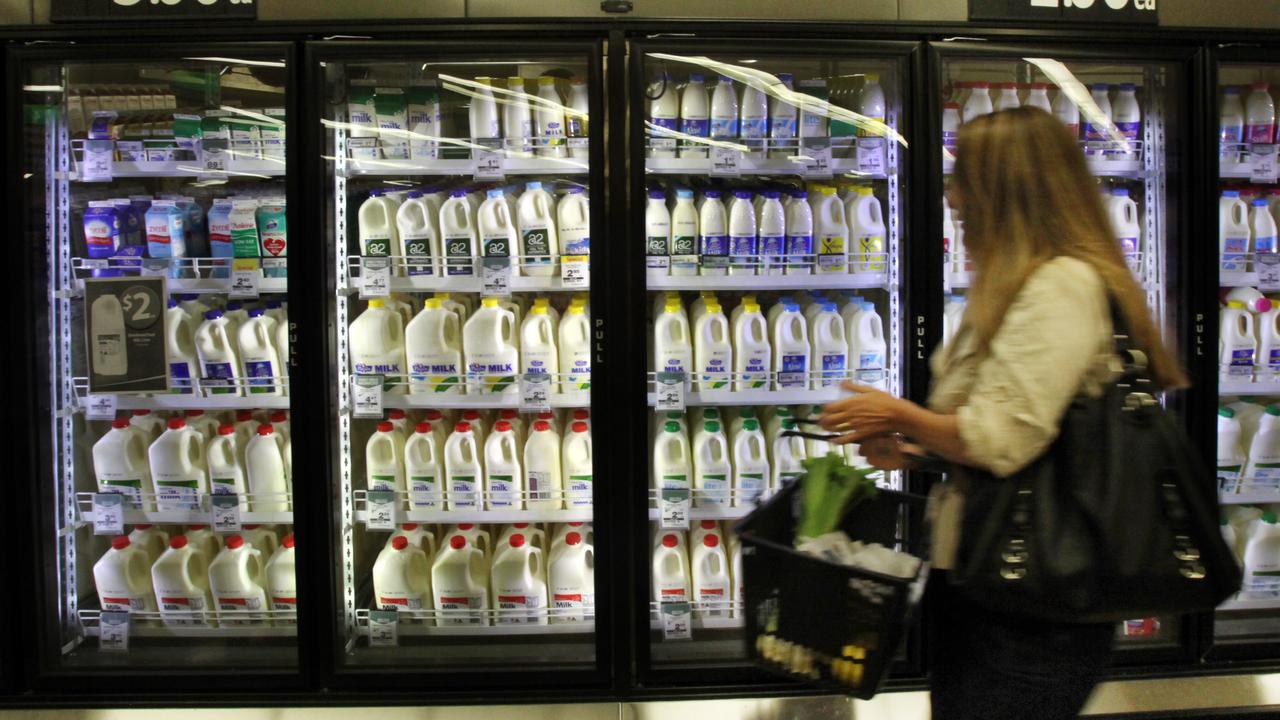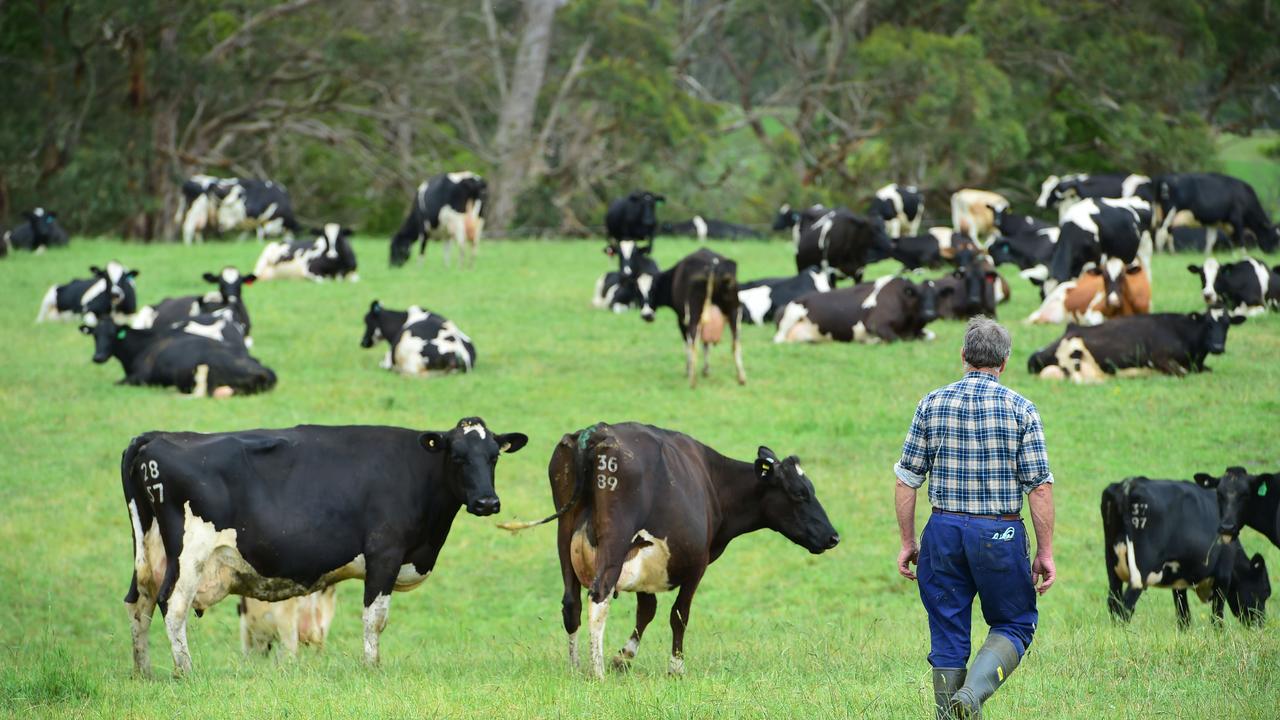Food waste a consequence of coronavirus-induced panic buying
After weeks of panic buying, the question is now whether or not Australians will be able to eat their way through their supplies, or it will simply be destined for the dump, writes Ed Gannon.

FIRST comes the panic buying. Then comes the waste.
That is the view of experts, watching incredulously as shoppers continue to cram pantries with food items that a month ago many had forgotten existed – people who intend to bake scones or a cake for the first time since Year 9 home economics.
I believe the panic buying was initially due to many people fearing they would be forced into lockdown or quarantine and unable to access supermarkets and shops for 14 days.
But such was the panic, it turned into a fear that food would run out. And so came the prolonged run on supermarket shelves.
But now food experts believe the deluge of perishable items now sitting in homes will one day be destined for the rubbish bin – and our next outbreak will be of weevils.
Flour, pasta, rice and oats are topping the list for panic buyers. And all are excellent candidates to sit on shelves for months, if not years, waiting for a rainy day that may never come.
Most likely they are waiting to be invaded by tiny moths who thrive on such items.
The National Farmers’ Federation is warning that panic buying could lead to unprecedented food wastage.
“People need to buy sensibly and understand there is no risk to the food supply chain. We produce enough food to feed 75 million people,” chief executive Tony Mahar said.
“Longer-term, I really hope there isn’t an issue with food wastage because of all the resources that go into making it … It could be a major unintended consequence of this.”
Australian Trucking Association chief executive Ben McGuire said the same, arguing it was safer to keep food in purpose-built storage within the supply chain rather than in households.
“People may end up with a whole lot of product eaten by weevils or with mould,” he told The Weekly Times.
The problem with a hoarding mentality is that it is difficult to switch to consuming mode.
Many shoppers will continue to buy fresh food – because it is available – and keep their stockpile sitting at home “just in case”.
And by the time this crisis passes, most will discover they have not touched a single one of their 24 packets of pasta or 12 bags of rice.
Of course, if and when they do get around to it, a converse strain on the food production system will spring up, with a glut of food as people stop buying.
But that is likely to be dissipated by the perishable food going out of date and ending up in one of the multiple council bins we now have. (The bright green lid in our part of the woods.)
It is estimated the annual cost of food waste in Australia is $20 billion.
Much of that is what we clear off our plate each day, swims around the bottom of schoolbags and rots in our fridge and pantry.
Expect that number to climb substantially this year when the hoarders realise they have thousands of tiny little boarders swarming their pantries.
What a bloody waste.
MORE
NFF WARNS OF UNPRECEDENTED FOOD WASTAGE


